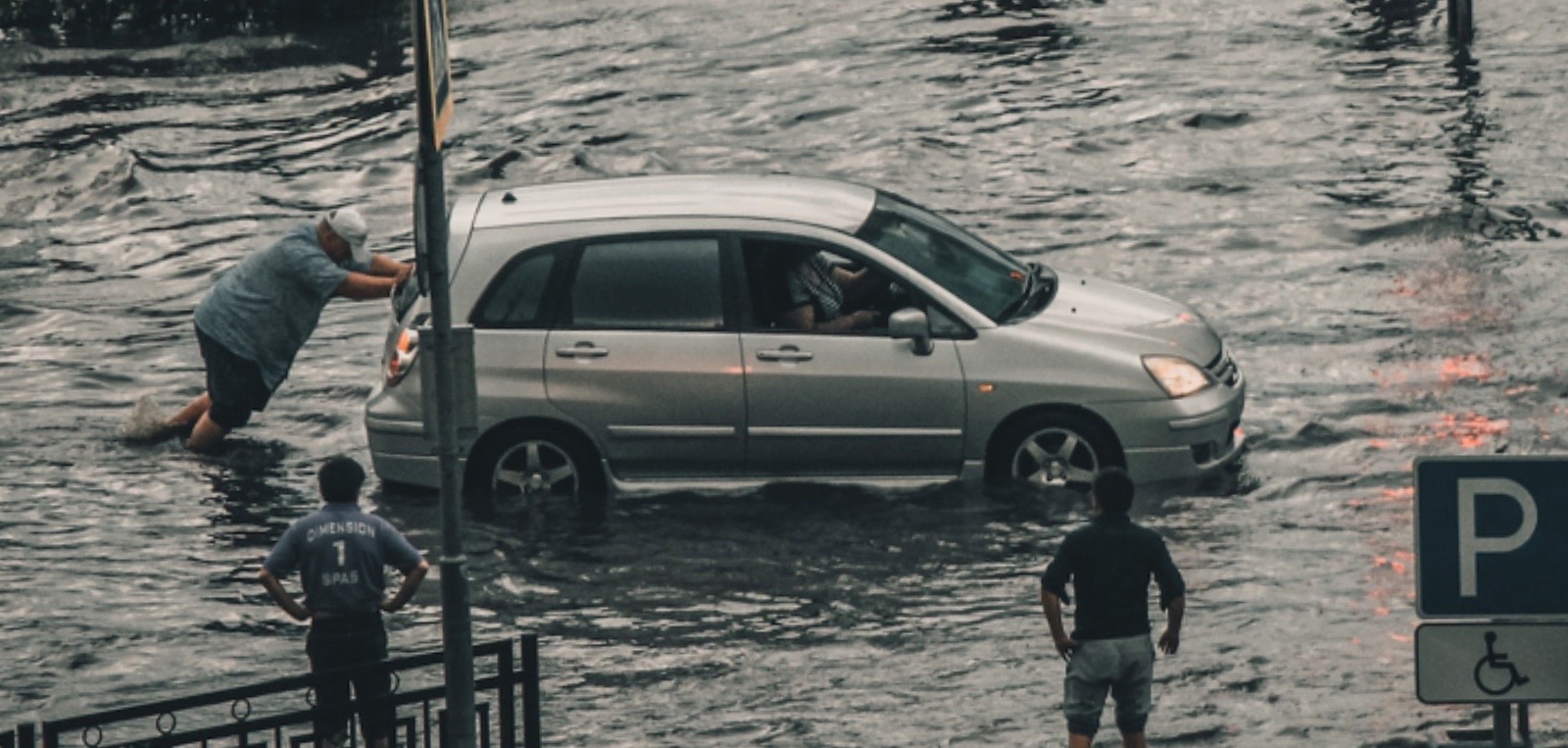Buying a car that has been damaged by flooding can be a dangerous decision. While it may seem like a good deal at first, a flood-damaged car can come with a host of problems that can be both expensive and dangerous.
One of the main issues with a flood-damaged car is that the water can cause extensive damage to the electrical system. Floodwater can seep into the engine compartment and damage electrical connections, causing problems with the car's computer, battery, and other critical components. This can result in a car that may not start, has poor fuel economy, or even shuts down while driving.
In addition to electrical problems, floodwater can also damage a car's upholstery, interior components, and exterior paint. Floodwater can leave behind a musty odor that is difficult to remove, and mold and mildew can begin to grow inside the car, posing a health risk to passengers.
Another concern with flood-damaged cars is that they may have been exposed to saltwater, which can cause corrosion to the car's undercarriage, brakes, and suspension. This corrosion can lead to brake failure, steering problems, and even complete structural failure, which can be extremely dangerous while driving.
Even if the car appears to be in good condition, a flood-damaged vehicle may be hiding serious problems. Some unscrupulous sellers may try to cover up flood damage by using air fresheners or cleaning the car thoroughly. In some cases, the title may not even reflect that the car has been damaged by flooding, making it difficult for buyers to know the true history of the vehicle.
In conclusion, buying a flood-damaged car can be a risky decision that can lead to costly repairs and potential safety issues. Before buying any used car, it's important to do your research and inspect the vehicle thoroughly, including checking for signs of flood damage. If you're unsure about the history of a car, it's always better to walk away and find another option rather than risking your safety and financial wellbeing.

